| Usage |
Usage
Metformin is available in different forms, including liquid, regular tablets, and extended-release (long-acting) tablets, all designed for oral administration. The liquid form is typically taken once or twice a day alongside meals. Regular tablets are usually taken two to three times daily with meals, while extended-release tablets are taken once a day during the evening meal.
To ensure consistent and effective use of metformin, it's essential to take it at approximately the same time each day. It's crucial to adhere to the instructions on your prescription label meticulously. If there are any aspects of the directions that you find unclear, do not hesitate to seek clarification from your doctor or pharmacist.
Metformin should be taken precisely as prescribed by your healthcare provider. It's vital not to deviate from the prescribed dosage by taking more or less of the medication or increasing the frequency of administration. When consuming metformin extended-release tablets, they should be swallowed whole without breaking, chewing, or crushing them.
Your doctor may initiate your treatment with a low metformin dose, gradually increasing it, typically not more frequently than once every 1 to 2 weeks. Close monitoring of your blood sugar levels is necessary to assess the effectiveness of metformin in managing your diabetes.
It's important to recognize that metformin helps control diabetes but does not offer a cure. Therefore, even if you are feeling well, it is essential to continue taking metformin as prescribed. Do not discontinue the medication without consulting your doctor, as they will guide the best course of action.
If you require additional information about metformin, you can request the manufacturer's patient information sheet from your pharmacist or doctor.
|
| Side Effects |
Side Effects
This medication has the potential to affect your blood sugar levels, and it's essential to be aware of the signs of both low and high blood sugar and to understand the appropriate actions to take if you experience these symptoms. Metformin can also lead to side effects, and if you encounter any of the following symptoms, it's important to inform your doctor:
• Diarrhea
• Abdominal bloating
• Stomach pain
• Excessive gas
• Indigestion
• Constipation
• Unpleasant metallic taste in the mouth
• Heartburn
• Headache
• Skin flushing
• Alterations in nail appearance
• Muscle pain
While most side effects are not severe, it's crucial to communicate with your doctor if any of these symptoms are severe, persistent, intermittent, or if they manifest some time after commencing metformin.
Some side effects, however, are more serious. If you experience any of these symptoms or those detailed in the IMPORTANT WARNING section, it is imperative to promptly contact your doctor or seek emergency medical attention:
• Chest pain
• Rash
Metformin may be associated with other side effects as well. Therefore, if you encounter any unusual issues or symptoms while taking this medication, do not hesitate to reach out to your doctor for guidance and evaluation.
|
| Storage |
Storage
Ensure that you keep this medication in its original container, tightly sealed, and out of the reach of children. Store it at room temperature, protecting it from light, excessive heat, and moisture (avoid storing it in the bathroom).
It's crucial to take appropriate measures for the disposal of unneeded medications to prevent accidental consumption by pets, children, or others. However, it's essential not to flush this medication down the toilet. Instead, the safest method for disposing of your medication is through a medicine take-back program. You can consult your pharmacist or get in touch with your local garbage/recycling department to inquire about available take-back programs in your community.
|
| Special Precautions |
Special Precaution
Prior to initiating metformin treatment, it is essential to take the following precautions:
1. Inform your doctor and pharmacist if you have any allergies to metformin, its components, or any other medications. You can consult your pharmacist or review the patient information provided by the manufacturer for a comprehensive list of ingredients.
2. Share a detailed list of all prescription and non-prescription medications, vitamins, dietary supplements, and herbal products you are currently taking with your doctor and pharmacist. It's particularly important to mention if you are taking any of the following: amiloride (Midamor); angiotensin-converting enzyme (ACE) inhibitors like benazepril (Lotensin), captopril, enalapril (Vasotec), fosinopril, lisinopril (found in Zestoretic), moexipril (Univasc), perindopril (Aceon), quinapril (Accupril), ramipril (Altace), or trandolapril (Mavik); beta-blockers such as atenolol (Tenormin), labetalol (Trandate), metoprolol (Lopressor, Toprol XL), nadolol (Corgard, found in Corzide), and propranolol (Hemangeol, Inderal, InnoPran); calcium channel blockers like amlodipine (Norvasc), diltiazem (Cardizem, Cartia, Diltzac, among others), felodipine, isradipine, nicardipine (Cardene), nifedipine (Adalat, Afeditab CR, Procardia), nimodipine (Nymalize), nisoldipine (Sular), or verapamil (Calan, Covera, Verelan, as found in Tarka); cimetidine (Tagamet); digoxin (Lanoxin); diuretics (commonly referred to as 'water pills'); furosemide (Lasix); hormone replacement therapy; insulin or other diabetes medications; isoniazid (Laniazid, included in Rifamate and Rifater); medications for asthma and colds; medications for mental health conditions and nausea; medications for thyroid disorders; morphine (MS Contin and others); niacin; oral contraceptives ('birth control pills'); oral steroids such as dexamethasone, methylprednisolone (Medrol), and prednisone (Rayos); phenytoin (Dilantin, Phenytek); procainamide; quinidine (found in Nuedexta); quinine; ranitidine (Zantac); triamterene (Dyrenium, included in Maxzide and others); trimethoprim (Primsol); or vancomycin (Vancocin). Your doctor may need to adjust the doses of your medications or closely monitor you for potential side effects.
3. Disclose any relevant medical conditions, particularly those outlined in the IMPORTANT WARNING section.
4. If you are pregnant, planning to become pregnant, or currently breastfeeding, inform your doctor. If you become pregnant while using metformin, contact your doctor.
5. Notify your doctor if you experience any changes in your dietary habits or physical activity, such as eating less or engaging in more exercise than usual. These changes can impact your blood sugar levels, and your doctor will guide you in such situations.
|
| Important Warning |
Important Warning
Metformin may, although rarely, lead to a severe and life-threatening condition known as lactic acidosis. It is crucial to inform your doctor if you have kidney disease, as they may advise against the use of metformin in such cases. Additionally, share with your doctor if you are over 65 years old and have a history of a heart attack, stroke, diabetic ketoacidosis (a condition characterized by dangerously high blood sugar levels requiring emergency medical treatment), coma, or heart or liver disease. The concurrent use of specific medications with metformin may heighten the risk of lactic acidosis. It's essential to notify your doctor if you are taking medications such as acetazolamide (Diamox), dichlorphenamide (Keveyis), methazolamide, topiramate (Topamax, part of Qsymia), or zonisamide (Zonegran).
Moreover, if you have recently experienced or developed certain conditions during treatment, inform your doctor promptly. These conditions include severe infections, intense diarrhea, vomiting, fever, or significantly reduced fluid intake for any reason. Your doctor may recommend discontinuing metformin until your recovery is complete.
Should you require surgery, including dental procedures or significant medical interventions, communicate to the healthcare provider that you are currently taking metformin. Additionally, mention if you are planning to undergo an x-ray procedure involving the injection of contrast dye, especially if you have a history of alcohol consumption, including binge drinking, or liver disease, or heart failure. In some cases, it may be necessary to pause metformin before the procedure and wait for 48 hours before resuming treatment. Your doctor will provide precise instructions regarding when to discontinue and restart metformin.
If you experience any of the following symptoms, cease taking metformin and promptly contact your doctor: extreme fatigue, weakness, or discomfort; nausea; vomiting; abdominal pain; reduced appetite; rapid and deep breathing or shortness of breath; dizziness; lightheadedness; rapid or slow heartbeat; skin flushing; muscle pain; or a sensation of coldness, particularly in your hands or feet.
Furthermore, if you consume alcohol regularly or engage in occasional binge drinking, discuss this with your doctor. Alcohol consumption can heighten the risk of lactic acidosis and potentially lead to fluctuations in blood sugar levels. Seek your doctor's guidance on the safe amount of alcohol to consume while taking metformin.
Lastly, make sure to attend all scheduled appointments with your doctor and for laboratory tests. These assessments are essential for monitoring your kidney function and how your body responds to metformin. It's essential to have a conversation with your doctor about the potential risks associated with metformin therapy.
|




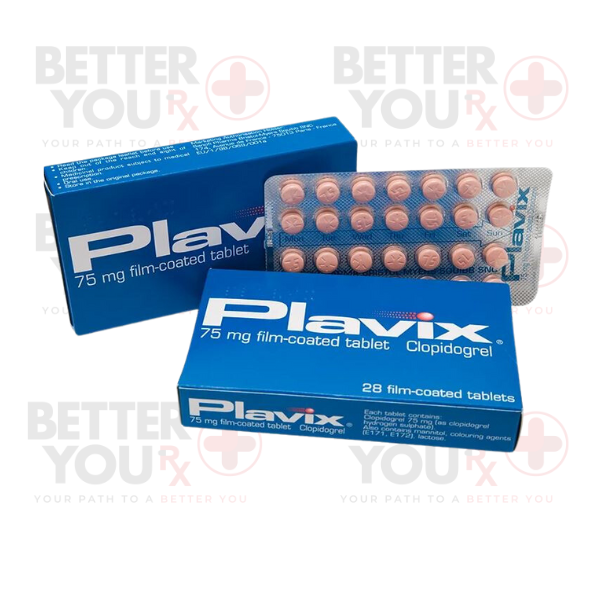
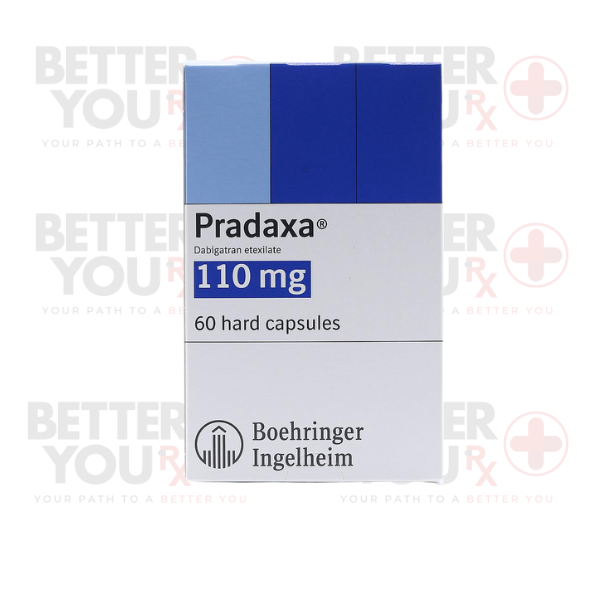
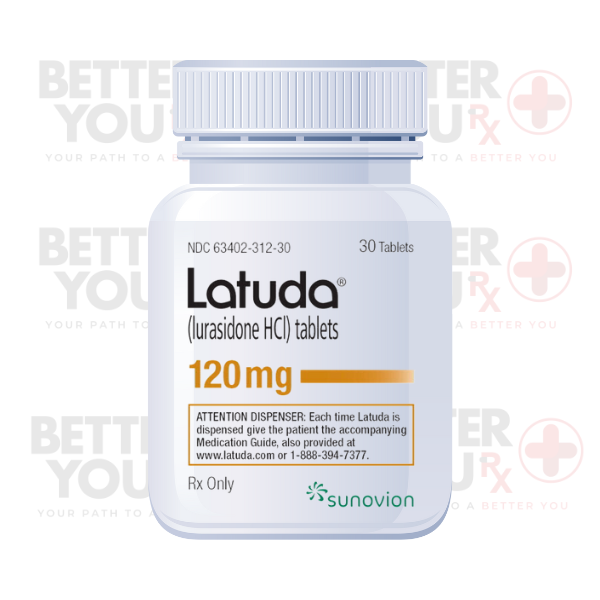
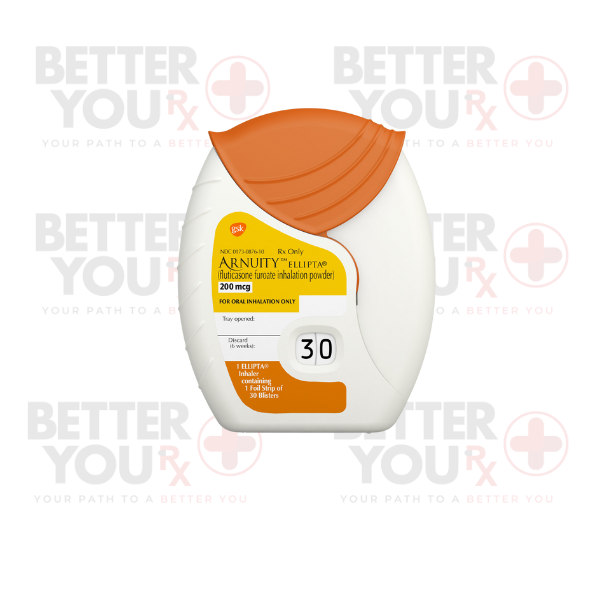

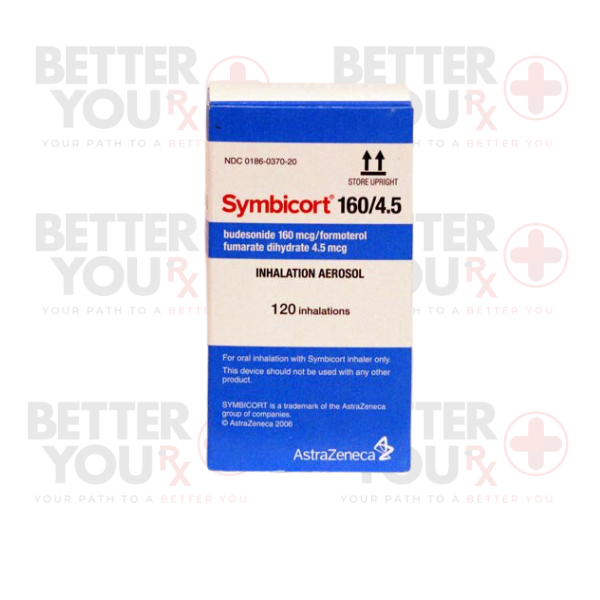
Reviews
There are no reviews yet.